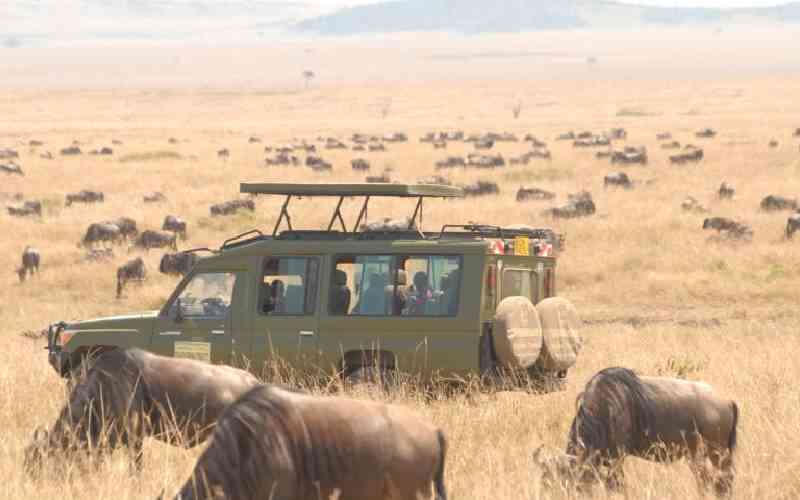×
The Standard e-Paper
Home To Bold Columnists

Stakeholders in the tourism sector have protested the exorbitant park entry fees at the Maasai Mara Game Reserve and other Kenya Wildlife Services (KWS) managed parks.
Tour operators, guides, hotel owners and marketing companies warned that the country risks losing tourists to competing safari destinations.